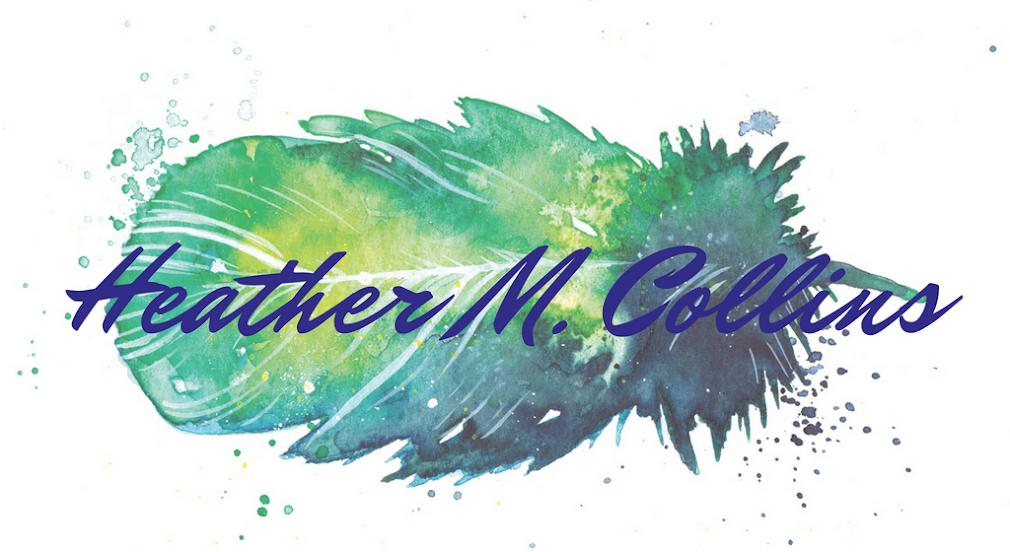"Hester's nature showed itself warm and rich; a well-sprung of human tenderness, unfailing to every real demand, and inexhaustible by the largest. Her breast, with its badge of shame, was but the softer pillow for the head that needed one. She was self-ordained a Sister of Mercy; or, we may rather say, the world's heavy hand had so ordained her, when neither the world nor she looked forward to this result. The letter was the symbol of her calling. Such helpfulness was found in her, --so much power to do, and power to sympathize, --that many people refused to interpret the scarlet A by its original signification. They said that it meant Able; so strong was Hester Prynne, with a woman's strength." The Scarlet Letter, Nathaniel Hawthorne
What I find interesting about the above is both the symbol shift AND what I know about the author. Hawthorne is a descendant of a magistrate from the Salem Witch Trials, John Hathorne. Hathorne's legacy brought shame and condemnation to his posterity that even Hawthorne (his grandson) allowed himself to inherit, which is evident in the themes and conflicts of his books.
Redemption has been on my mind quite a bit as of late in light of Harry Potter, both because of the book's contents and because of the memories it has brought forth. Shakespeare's timeless question echoes to the reaches of my current state as I consider, "What's in a name?"
And she said unto them, Call me not Naomi, call me Mara: for the Almighty hath dealt very bitterly with me.
The scriptures are full of examples of names, and how they reflect the individual they identify. Naomi is such an individual who forsakes her birth name because she felt she had fallen from grace, and no longer deserved to be defined as "Pleasant."
Another example comes from 2 Samuel 11 about Bath-Sheba, whose name means, "Daughter of the Covenant." How does she live up to her namesake?
3 And David sent and enquired after the woman. And one said, Is not this Bath-Sheba, the daughter of Eliam, the wife of Uriah the Hittite?Names and the stories behind them are really interesting to me because of the trials that have come along with the name that I inherited. My last name, it turns out, isn't tied to heartbreak exclusively from my father being an abusive alcoholic. My last name has meant "Dark/Evil foreigner" in Irish Gaelic since about the end of the 7th century. It came to pass that a bunch of vikings thought it would be a marvelous idea to invade Ireland, burn and pillage the monasteries, and wreak ten kinds of havoc all over Creation. That's a a great story to tell the grandchildren, right?
4 And David sent messengers, and took her; and she came in unto him, and he lay
with her; for she was purified from her uncleanness: and she returned unto her house.
5 And the woman conceived, and sent and told David, and said, I am with child.
My first name didn't appear any better to me for the longest time. As I would search for character names for my stories and poetry, I would sometimes question my own name, and how well it fit me. In my mind, I didn't have an interesting name. I had a best friend growing up whose name was Guinevere, and I adored that her name had a story. Even children with Biblical names, although common, have the ability to look to the stories behind their names, and to find some measure of direction, or a lesson, or even just a sign that their parents put effort into what would identify them for the rest of their lives. And I know I only feel that way because I found out from my father that I was named after some blonde actress from the 80's. Plus, my name is also a flower, which was really detestable when I went through my stage of rabid feminism.
But I came to appreciate my name when I learned the lesson behind it. My first name actually has a legend, which I will paraphrase in order to keep from using my name in the description.
Long ago, the daughter of a poet fell in love with a brave warrior. He left to find fame and fortune, and would marry his beloved upon his return. But the poet's daughter was in a field with her father when a messenger brought her terrible news: her love had been killed in a fierce battle. With his last dying breath, he had whispered her name and pledged his undying love to her, while clutching his final gift: a small purple flower. After hearing tragic news, the woman ran to a nearby field, her gift in hand, until she was surrounded in the same purple blossoms. Her tears turned them white, and she wished that the new flowers would bring good fortune and protection to all of those fortunate enough to find them.
After hearing that story, I appreciated my name for the first time in the 17 years that I've had it. By nature, I'm very protective, and the details of the legend were so closely intertwined with my life that I wondered if my parents were really the ones who named me after all.
And as for my last name, I take comfort in the lesson I learned from The Scarlet Letter months ago that I haven't soon forgotten. If Hester Prynne can take a scarlet punishment that causes everyone to view her as filthy and unclean, surely I can take my name and bear it also. Surely I can use the agency, which has been my greatest gift, and associate my own life, my mission, my virtuous and upright nature with this legacy I've inherited. I may not be able to unwrite the stories of those who came before me. But my name, my story, will be my own; without the shame and disappointments of my forefathers.
"What's in a name?"
That's for you to decide.





